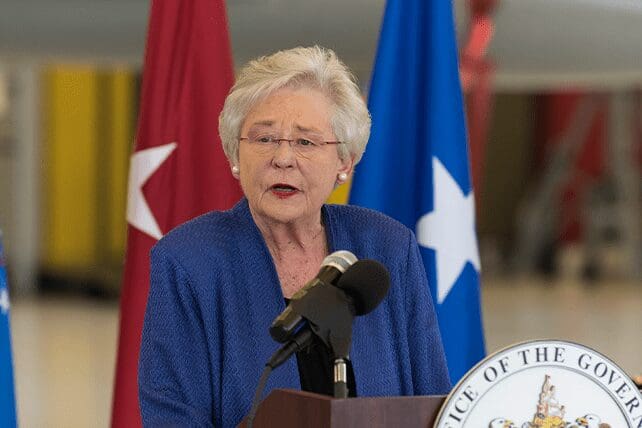As part of the top-to-bottom review, the signers are urging Ivey to reconsider execution practices altogether. They challenge the use of nitrogen hypoxia, which is a routine process of execution—by “gassing people to death.”
The group further criticizes the Alabama prison system—the very institution currently charged with the internal review process. Multiple deaths by homicide, suicide, and drug overdose are at the top of the list of inexcusable human rights violations and continue to be an epidemic problem within the system.
“How can we claim to be a state that values human life at all stages if we continue to devalue life in this manner,” the letter asks. Rather than having an internal investigation “shrouded in secrecy” by a profoundly broken system, the signers urge for a full, independent review of execution practices.
Since many of the signers of the letter are clergy and religious leaders, it’s no surprise that they also argue that any execution removes any possibility of redemption for the criminal.
“When so many of the condemned men committed their crimes at such a young age, many before the age of 25, we find it regrettable that these young men are denied a chance to redeem themselves or atone for what they have done. God’s Word is clear: all life is precious,” the letter specifies.
The letter goes on to explain that there is hope when there is life. A criminal is able to seek redemption rather than being “marred by the fear of a tortuous death.”
The letter concludes, “We applaud you for pausing executions and ordering an investigation. Now is the time to ensure that the values we share are not cast aside and that ethical treatment of ‘the least of these’ includes all of human creation, even the men and women on Alabama’s Death Row.”
Christian leaders and professionals from across the state signed the letter in support of reviewing policies. The letter helped unify efforts from pastors, reverends, and bishops across multiple denominations including Baptist, Catholic, Presbyterian, Reformed, and United Methodist.
Further, those on church staff weren’t the only ones to sign the letter in agreement. Professors, physicians, counselors, and psychologists are also represented in the list of supporters.

